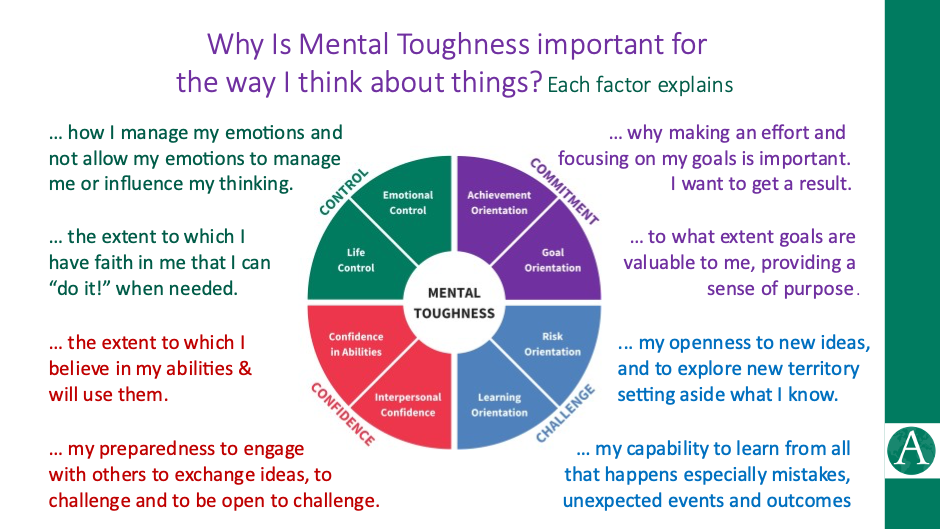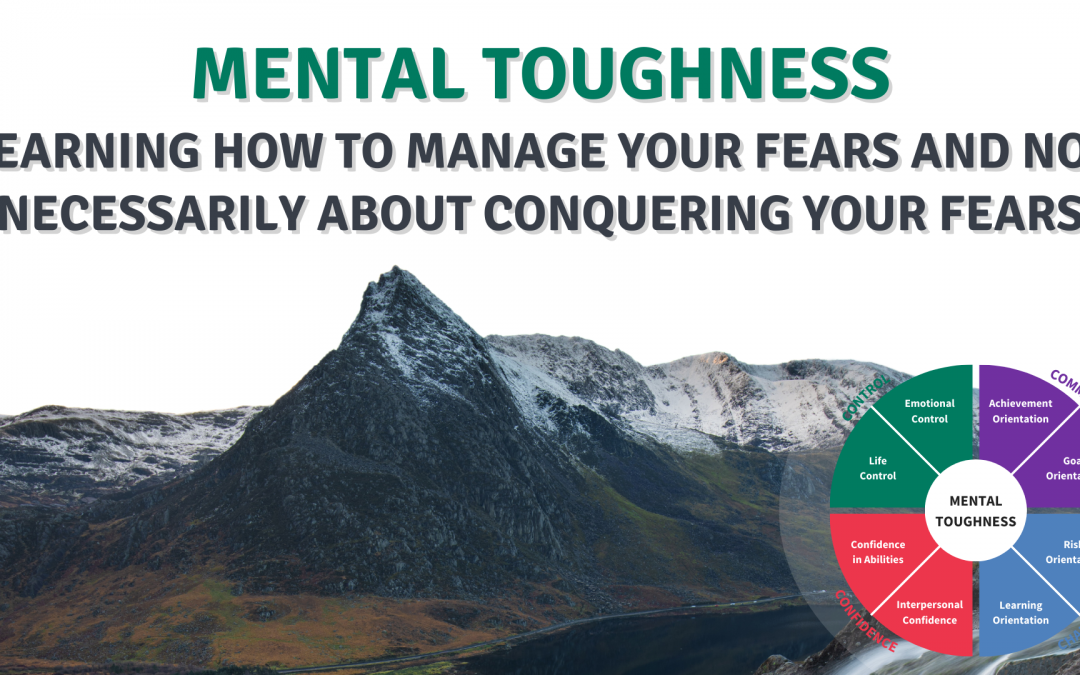“The only thing we have to fear is fear itself” Franklin D Roosevelt
A common misconception is that mental toughness means that you become fearless, treating setbacks and obstacles with disdain. They just bounce off you.
That is simply not the case.
As the research in the 4Cs concept shows, the more mentally tough can be as anxious, depressed and stressed as anyone else. They can fear the same things that a more mentally sensitive person can fear.
The difference is their mindset that enables them to manage their fears or anxieties and not allow these to get in the way of their journey through life and work.
I can illustrate that with a personal example.
A few years ago, my regular walking partner challenged me to climb Tryfan with him by the north ridge. Tryfan is a mountain in North Wales and is one of the most recognisable peaks in Britain. It is just over 3000 feet and is craggy in appearance as the picture indicates.
The north ridge is partly a Grade I scramble and partly Grade 2. The latter is defined as Difficult, varied scrambling across challenging terrain. A rope may be required.
My friend realised that I was uncomfortable on some walks that involved heights or ridge walking. It is true – I am “scared of heights” and mostly will avoid even climbing a ladder.
Nevertheless, I accepted the challenge firstly thinking “This will be an experience” and then “If others can do it so can I”.
Halfway up I made the mistake of looking down and I froze. Eventually realising it was safer to carry on, I did just that. It took an age and the stress never left me. Getting to the top I felt relief rather than elation.
Did I conquer my fear of heights? No, I didn’t. I am still uncomfortable with heights. Given the choice, I would decline the opportunity to do this again.
However, I do now know that I can manage my fear and not let it get in the way of achieving what is important to be achieved. And that is how mental toughness works for most.
We know from research and our work at AQR International that the more mentally sensitive can also learn to manage what has previously held them back and, if so indeed, even to change the way they look at certain events.
The key is self-awareness and reflection about the different aspects of your mental toughness that either gets in the way or helps you to overcome obstacles and fears.
This is briefly illustrated in this image.

Overcoming fears and anxieties can be the result of any, or a combination, of these factors. The problem is that this is invisible but there is a solution – with the judicious use of the MTQPlus psychometric and someone competent to help understand what it indicates, this self-awareness can be achieved together with the growth that comes from it.
The proof of the pudding? In the storms in 2022, the guttering came off the roof of my house and created a real problem. Did I hesitate to climb up to sort it in the middle of a downpour? I did. But I did it because I knew I could.
There is a growing global community of practitioners – coaches, leaders, trainers and consultants – who apply the mental toughness concept and the MTQ measure very successfully in developing people and organisations. There are 250+ peer reviewed research papers which support the 4Cs concept and the measure.
For information about this and about becoming a licensed user of the MTQ suite of measures contact: headoffice@aqrinternational.co.uk
The MTQPlus measure is available in fourteen languages, accessible to more than 2/3rds of the world’s population.
Completion of the AQR Licensed user training programme is recognised by EMCC and ICF for CPD purposes.


